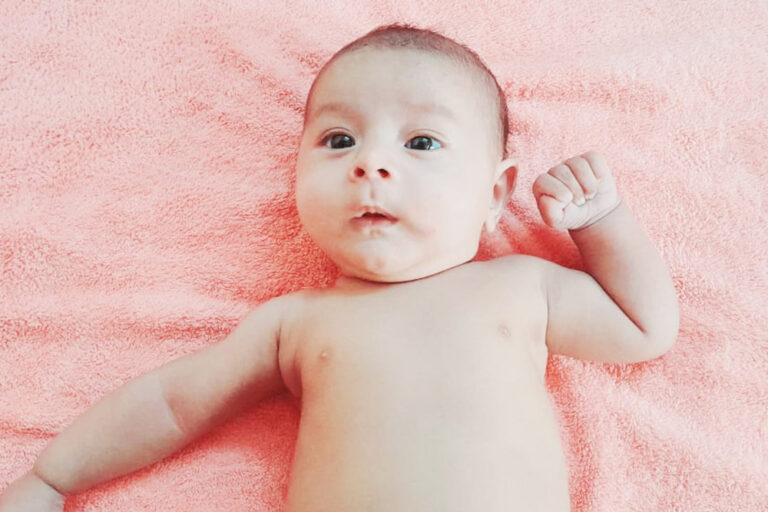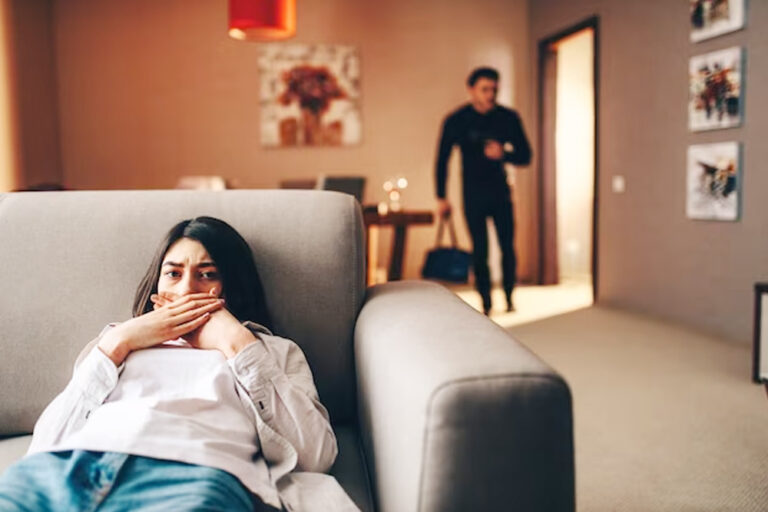Parenting tips: Things You Should Never Say to Your Kids
You probably wouldn’t use old-school phrases like “Wait until your father gets home” or “I wish you were more like your sister” with your children, but there are lots of things that you should avoid saying to your child, for theirs and yours.
“You can’t teach children to behave better by making them feel worse. when children feel better, they behave better.” – Pam Leo
Check out some of the top things you should avoid telling your child to ensure you’re setting them up for a happy and healthy future.
“You are making me angry!
When it comes to sharing your feelings with your child, it’s best to take responsibility vs. blaming them for how you feel. Sure their actions will influence your thoughts and feelings but your child is not to blame. When we blame others for how we feel, we immediately give away our power and increase disconnection and defensiveness.
Instead of saying, “You’re making me angry”, try saying something like, “We’re having a hard moment right now. ‘I’m noticing that I’m starting to feel angry right now. It’s my job to calm my body’ down…” Modeling how to label emotions and the ways you manage your feelings teaches emotional regulation and builds trust.
“Don’t Talk to Strangers.”
This is a difficult concept for a young child to grasp. Even if a person is unfamiliar, they may not think of them as a stranger if they’re pleasant. Instead of warning them about strangers, bring up scenarios like “what would you do if a man you don’t know offers you candy and a ride home?” and have them explain what they’d do. Once you know how they’d handle the situation, you can guide them to the correct course of action.
“You’re dumb”
The ways in which we speak to our kids becomes their inner voice. If we tell them they’re stupid, they’ll believe us. In the heat of the moment choose your words carefully. Kids don’t forget the things we say out of anger.
“Why can’t you be more like your brother/sister?!”
We might say these things in an attempt to motivate our child to make different choices but drawing comparisons between siblings only fuels sibling rivalry and low self-esteem. Children start making better choices when they feel better about themselves and their position in the family.
“Stop talking to me! Go away!”
It’s common to shut down and want everyone to leave you alone when you feel overwhelmed by parenting. However, take the responsibility for taking space rather than forcing your child away. This sounds like, “I am feeling overwhelmed right now and need space. I am going to go grab some water. I’ll be back.” And then take the time to debrief after everyone has cooled off.
“Why are you being so difficult? What’s wrong with you?”
When your child’s behavior begins to overwhelm you, take a step back and focus on problem solving. Instead of asking them the question that puts them down, ask, “How can we work together? What do we need to do to solve this problem?”
If you as a parent are not taking steps to actively address the problem, you have become a part of the problem. Try to focus your energies on problem-solving rather than blaming and criticizing.
“You’re alright.”
When your child scratches their knee and bursts into tears, your instinct may be to reassure them that they’re not badly hurt. But telling them that they’re fine may only make them feel worse. “Your kid is crying because they are not okay,” says our job is to help them understand and deal with their feelings, not discount them. Try giving your child a hug and acknowledging what they’re feeling by saying something like, “That was a scary fall.” Then ask whether they’d like a bandage or a kiss – or both.











